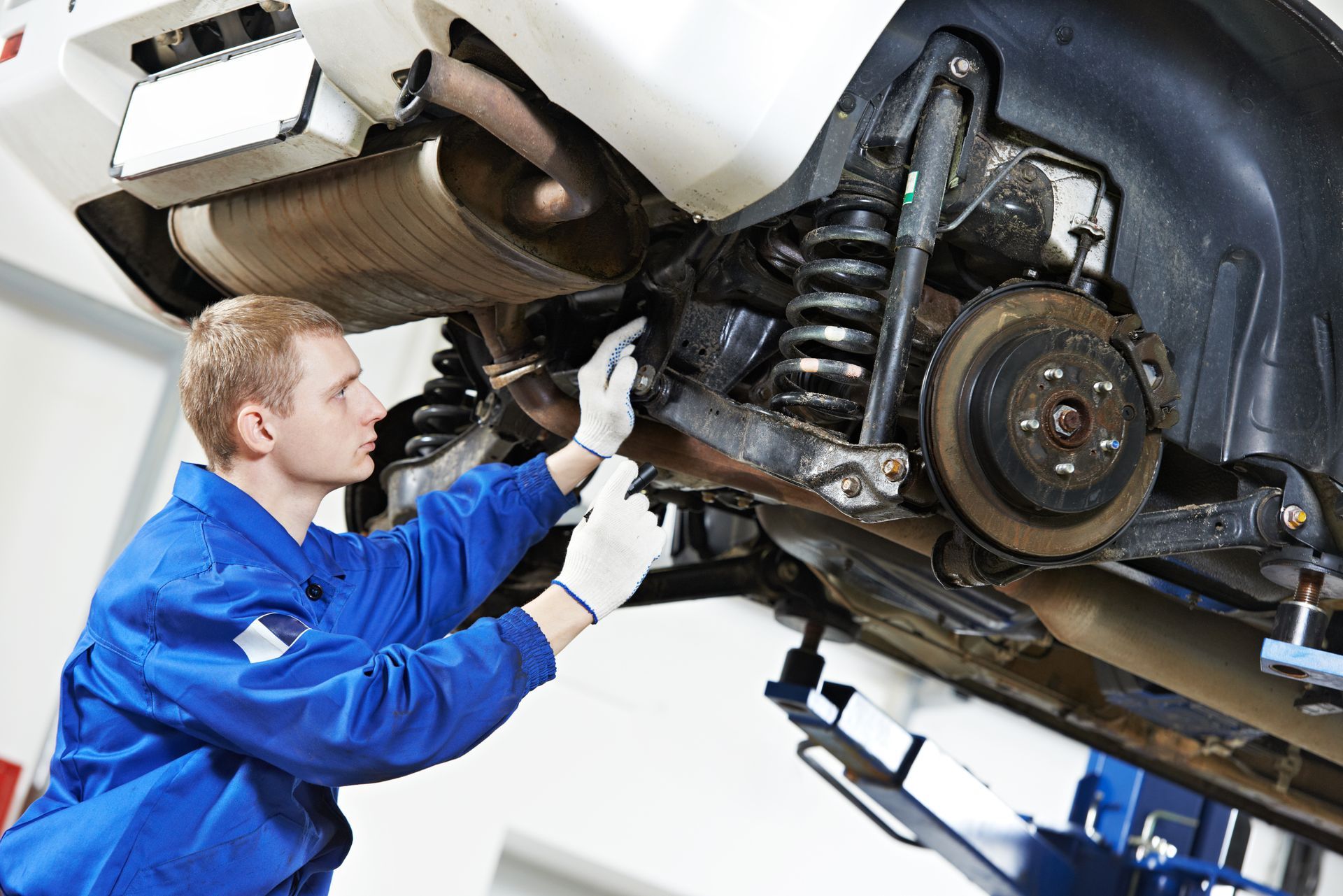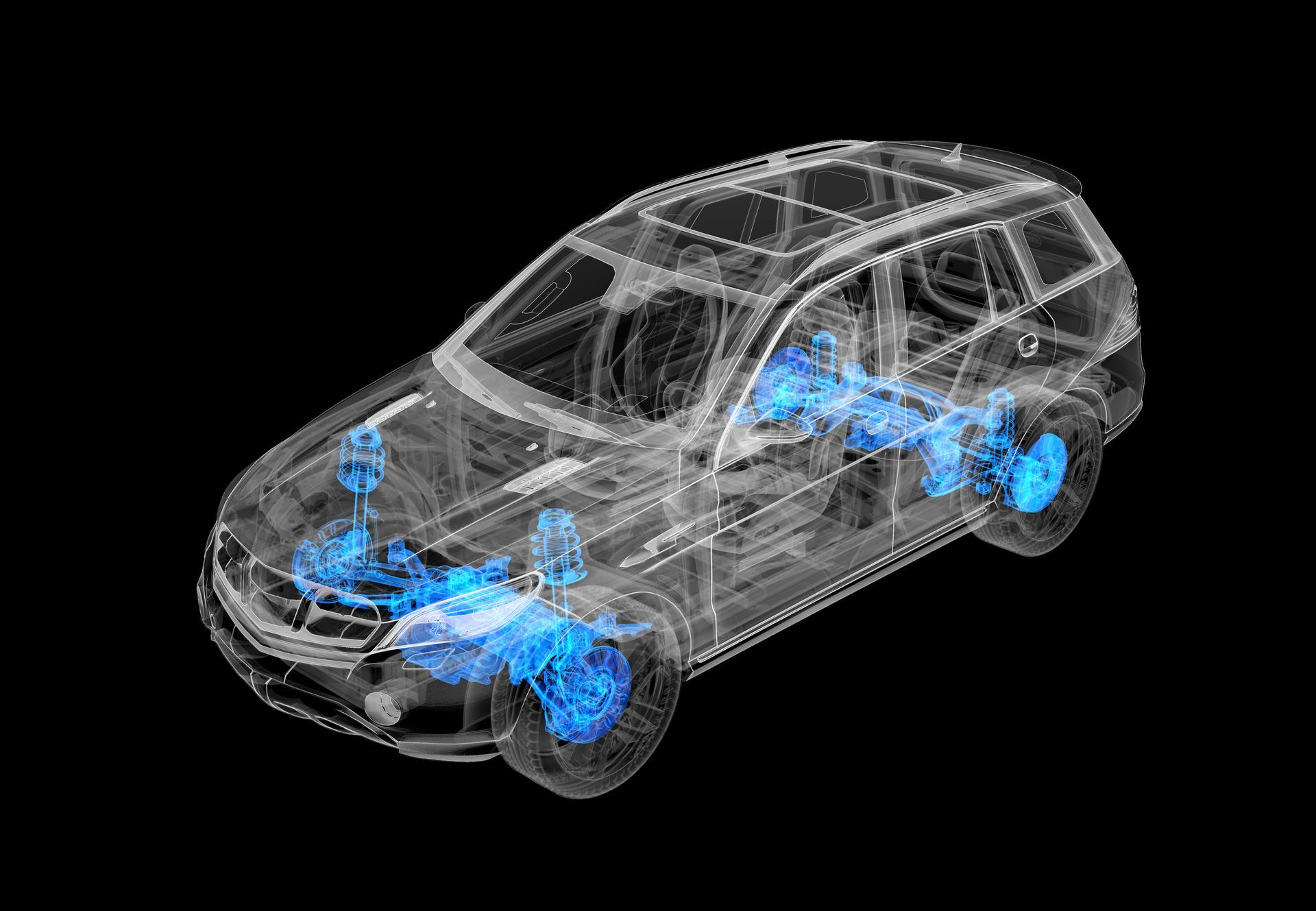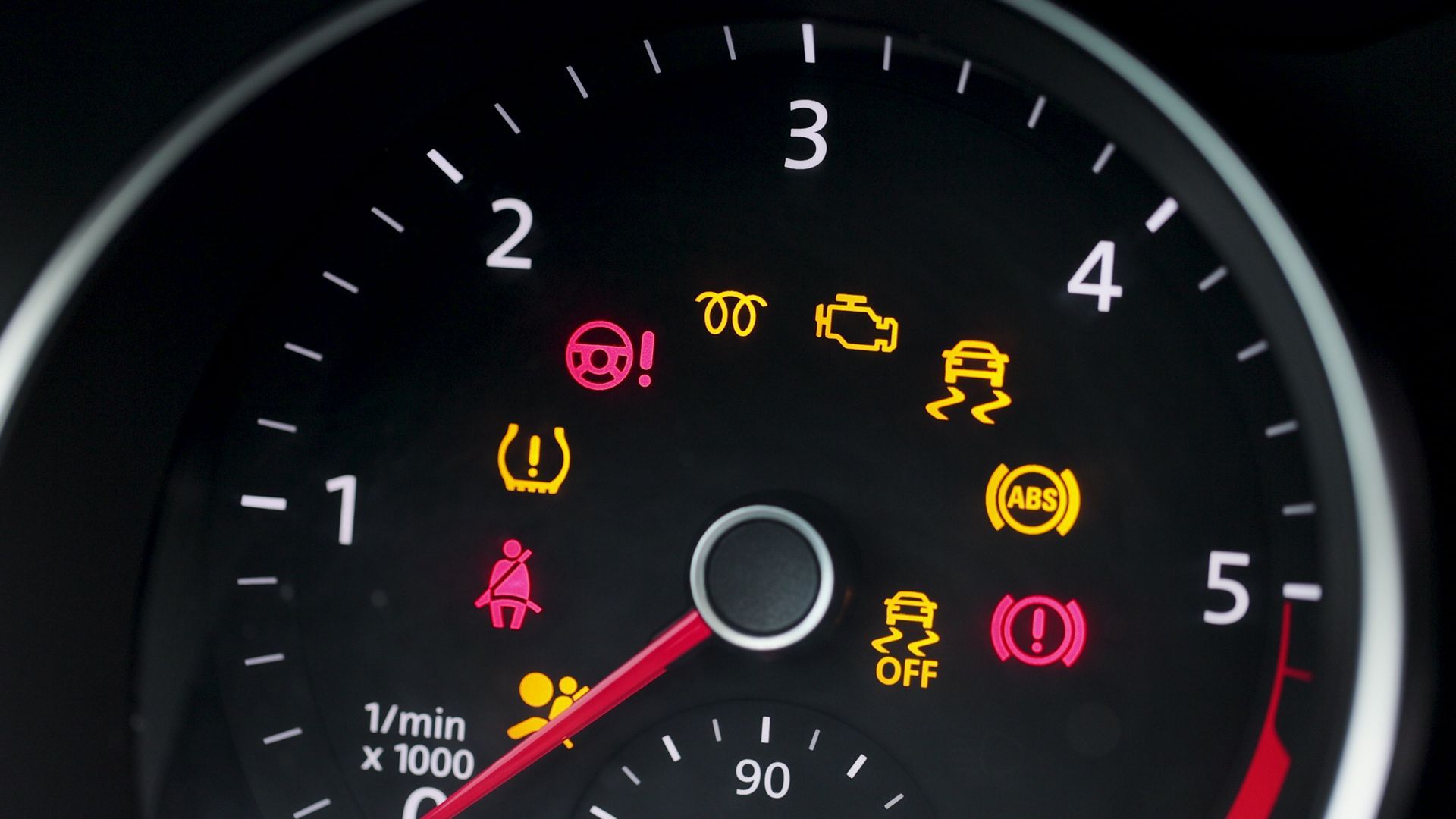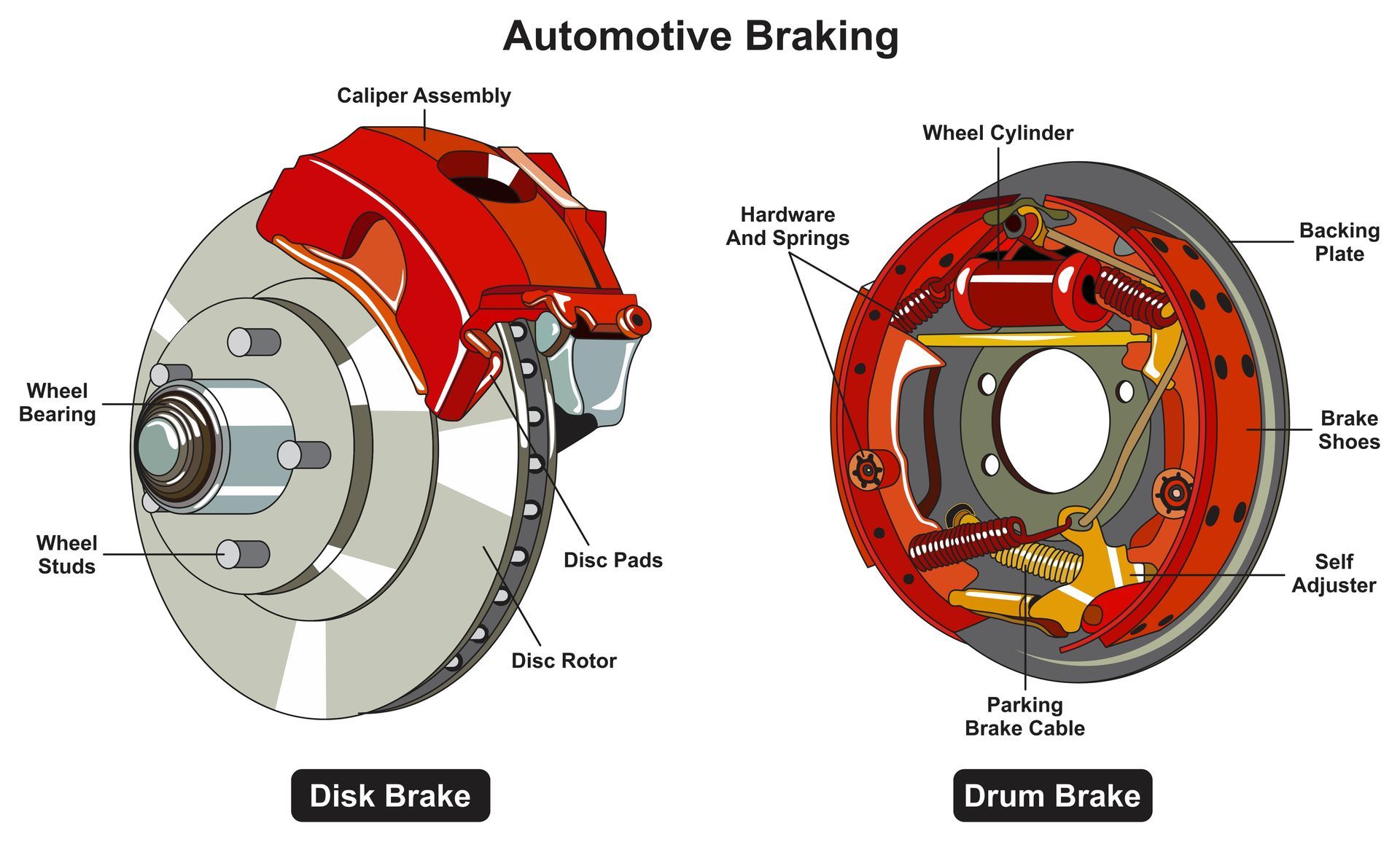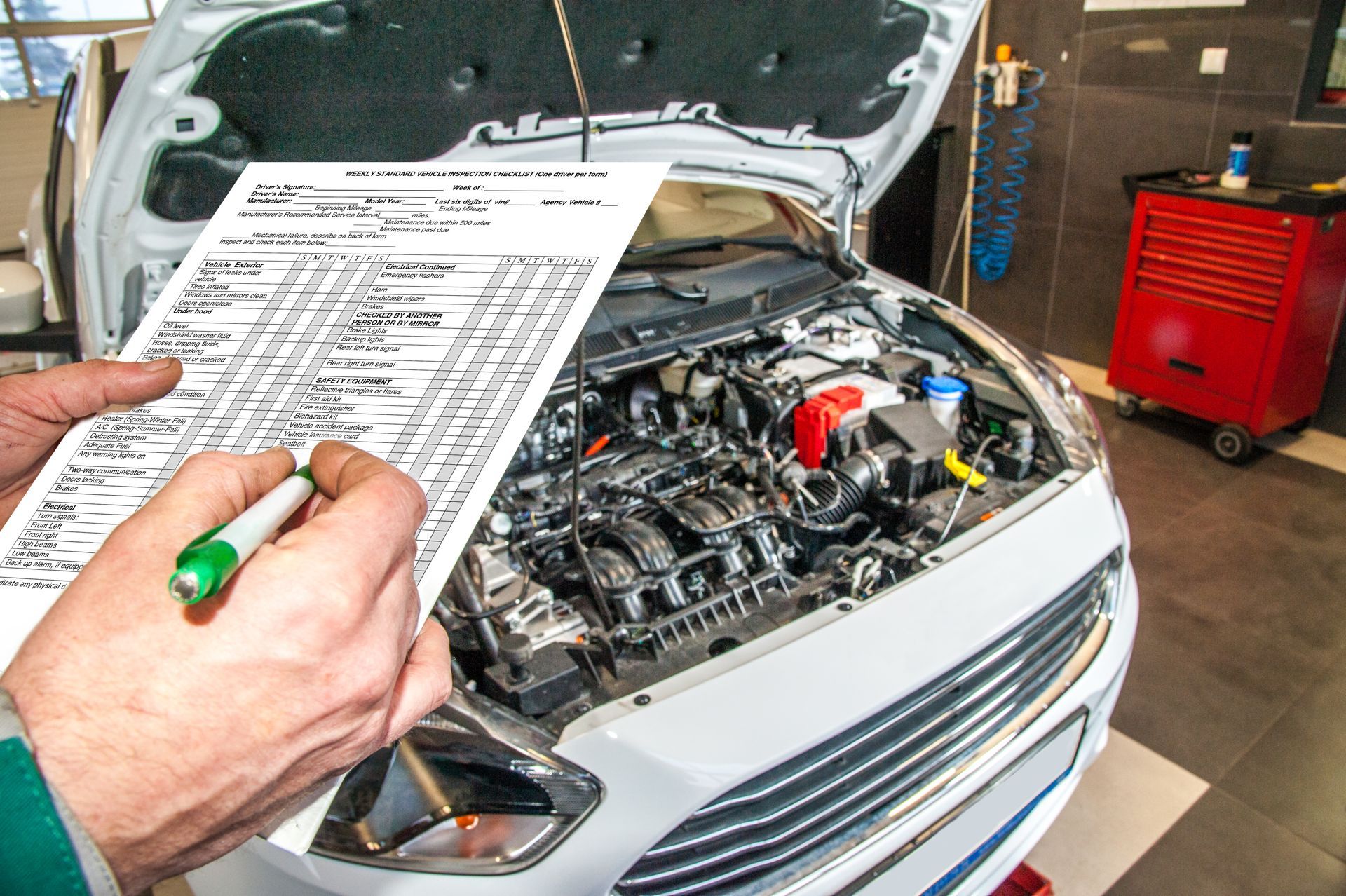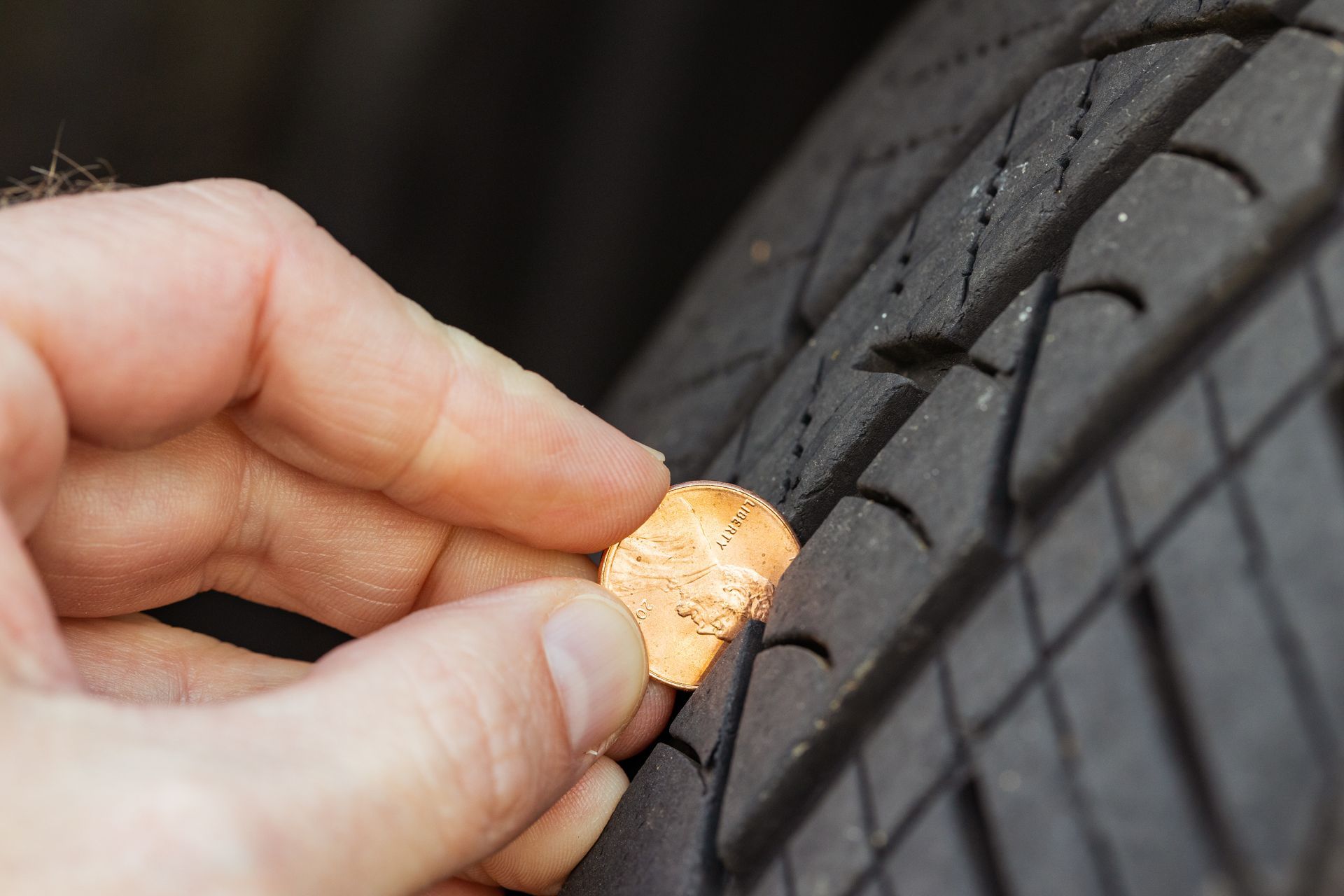Your vehicle’s transmission is one of its most essential components, allowing it to change gears and function effectively on the road. Unfortunately, it’s also one of the most expensive parts to repair or replace if things go wrong. Preventing transmission damage is important for maintaining the longevity of your car and ensuring safe, reliable driving. But how exactly do you do that?
Know Your Transmission Type
Before diving into the steps to prevent transmission damage, it’s essential to know what type of transmission your vehicle has—manual or automatic. Both types have unique needs and vulnerabilities. Manual transmissions rely heavily on proper clutch usage, while automatic transmissions can be more sensitive to issues like overheating or fluid problems. Knowing which transmission you’re dealing with can help you adopt the right preventive measures.
Keep Your Transmission Fluid in Check
One of the easiest and most effective ways to prevent transmission damage is by regularly checking your transmission fluid. This fluid keeps the transmission’s internal components lubricated and prevents overheating. Over time, however, the fluid can become contaminated or run low, leading to excessive friction and heat, both of which are enemies of your transmission’s health.
To avoid damage, make sure to check the fluid level and condition regularly. Transmission fluid should be a bright red color and should not have a burnt smell. If the fluid is dark or smells bad, it’s time for a change. Regular transmission fluid changes, typically every 30,000 to 60,000 miles, can go a long way toward preventing costly repairs.
Avoid Overheating Your Transmission
Excessive heat is one of the primary causes of transmission failure. When your vehicle's transmission overheats, the internal components begin to wear down much faster than normal. This can lead to slipping gears, delayed shifting, or even complete transmission failure.
To avoid overheating, avoid overloading your vehicle or towing heavy loads beyond its capacity, especially in hot weather. Also, use the correct type of transmission fluid as specified in your vehicle's manual, as this will help regulate the temperature more effectively.
If you frequently drive in stop-and-go traffic or up steep hills, your transmission is likely working harder than normal. In such cases, take breaks when you can, allowing your transmission to cool down before continuing.
Shift Gears Properly
How you shift gears can have a huge impact on the life of your transmission, especially in vehicles with a manual transmission. Improper shifting, such as riding the clutch, downshifting aggressively, or skipping gears, can cause unnecessary strain and accelerate wear.
For automatic transmission vehicles, avoid putting the vehicle in "Park" before coming to a complete stop, as this can damage the parking pawl, a small piece in the transmission that locks the gears in place. Always ensure you're at a full stop before shifting into "Park" or "Reverse."
Get Regular Transmission Inspections
Transmission problems often start small but can snowball into significant issues if not addressed early. One of the best ways to prevent damage is by scheduling regular inspections. Many transmission issues aren’t noticeable until the damage is done, but a trained professional can catch problems like worn seals, leaking fluid, or loose cables before they lead to failure.
A transmission inspection doesn’t need to be complicated or expensive—just having a professional check the fluid, inspect the components, and ensure everything is in working order can make a big difference.
Avoid Overworking Your Transmission
Your vehicle's transmission is designed to handle specific driving conditions. Pushing your car beyond these limits, such as towing heavy loads, aggressive driving, or frequent off-roading, can put unnecessary stress on the transmission. If you know you'll be using your vehicle for heavy-duty tasks, consider installing an auxiliary transmission cooler, which can help reduce the risk of overheating.
Driving habits also play a role in transmission health. Rapid acceleration, frequent hard stops, or constantly shifting between drive and reverse can wear out your transmission more quickly. Keeping a smooth, steady driving pace will help extend the life of your transmission.
Don’t wait for transmission problems to get worse! Schedule an appointment with
Auto Smart today. Our expert team will help extend the life of your transmission and prevent costly repairs down the road.

